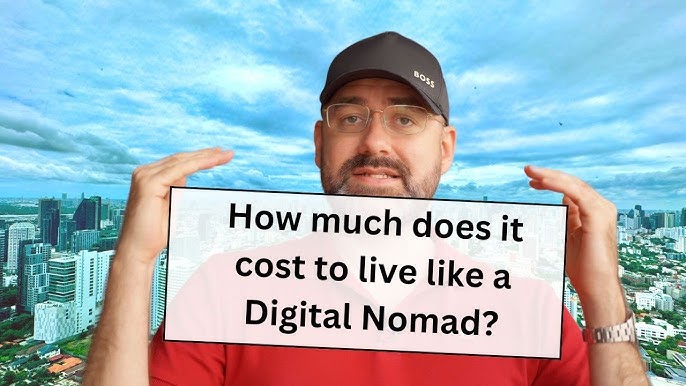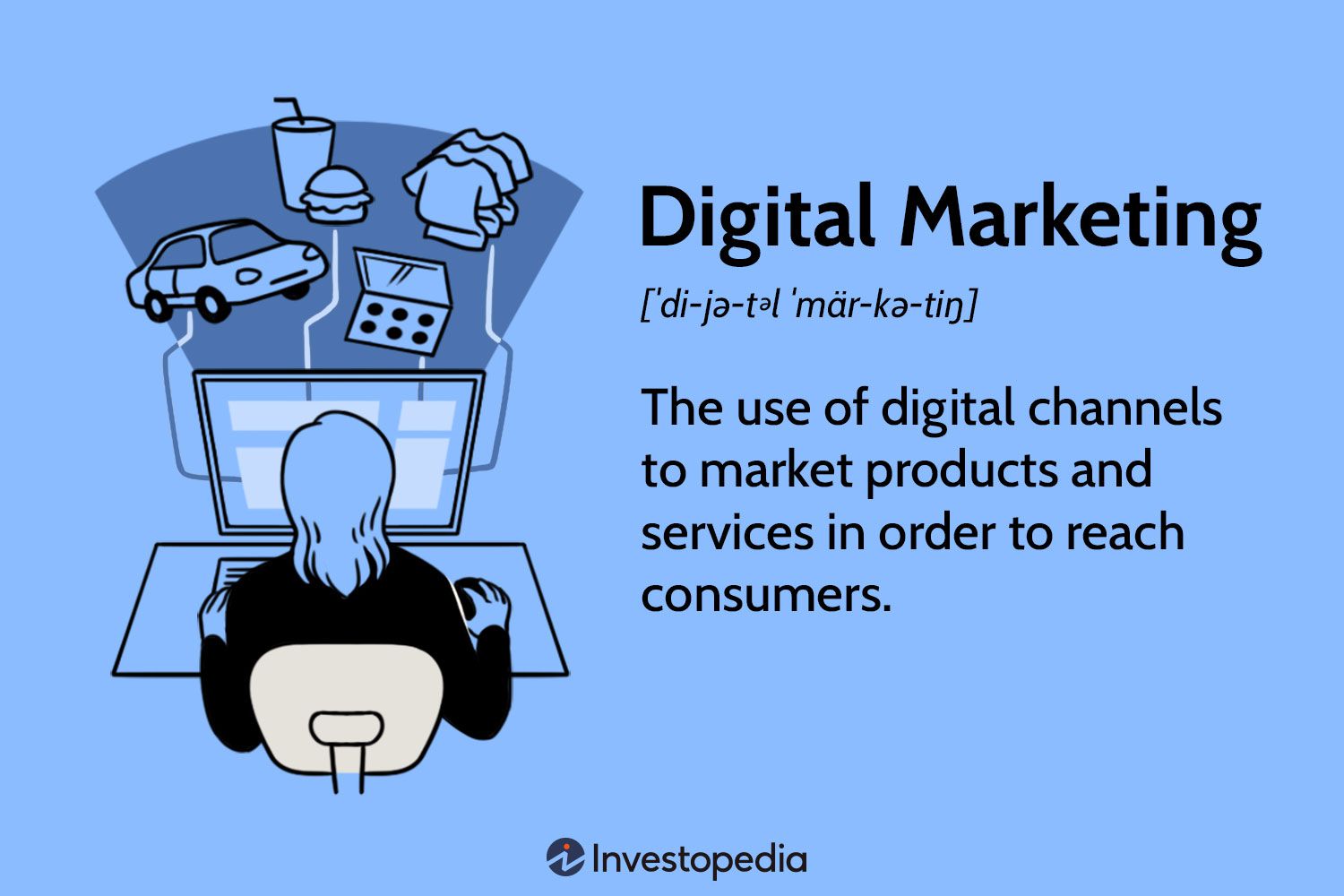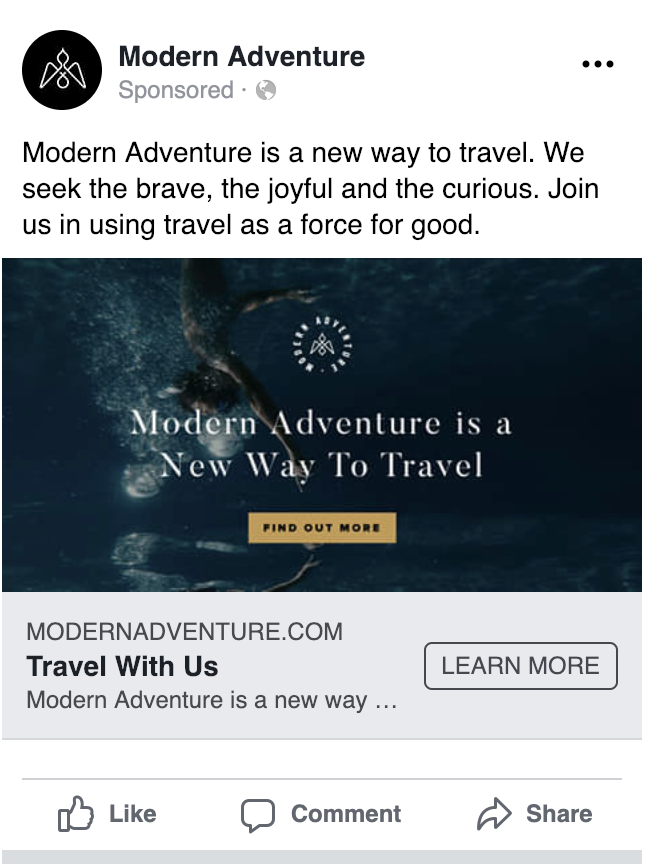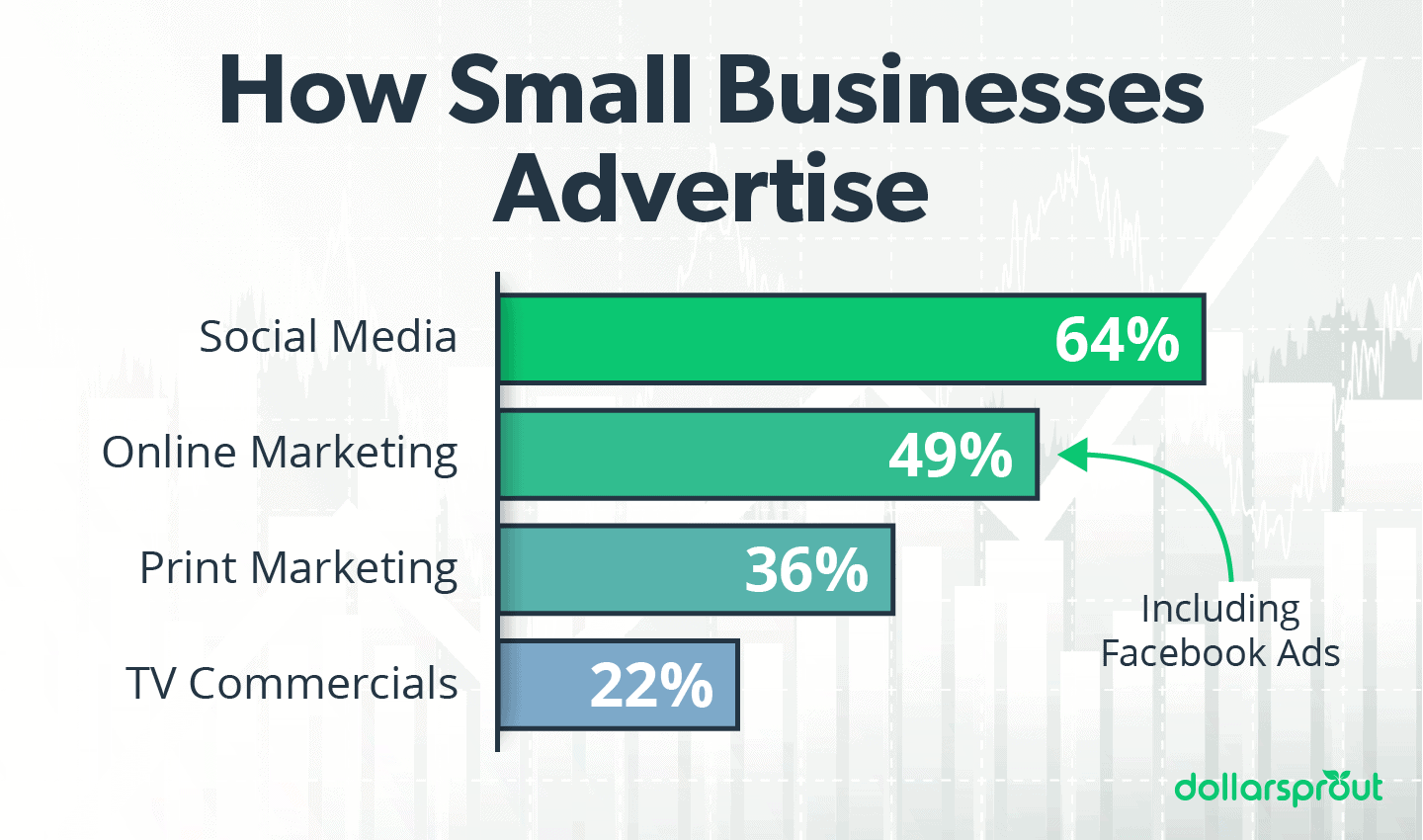The Facebook Conversion API helps businesses track and optimize ad performance by sending web events directly from their server. It enhances data accuracy and privacy.
The Facebook Conversion API, also known as CAPI, is a powerful tool for marketers and advertisers. It enables businesses to capture and share data from their website directly to Facebook’s servers. This direct connection helps improve the accuracy of event tracking, crucial for understanding customer behavior and optimizing ad campaigns.
The API also offers greater control over data sharing, enhancing user privacy and ensuring compliance with data protection regulations. Implementing the Conversion API can lead to better ad targeting, higher conversion rates, and a more efficient marketing strategy. This tool is essential for businesses aiming to maximize their return on ad spend.
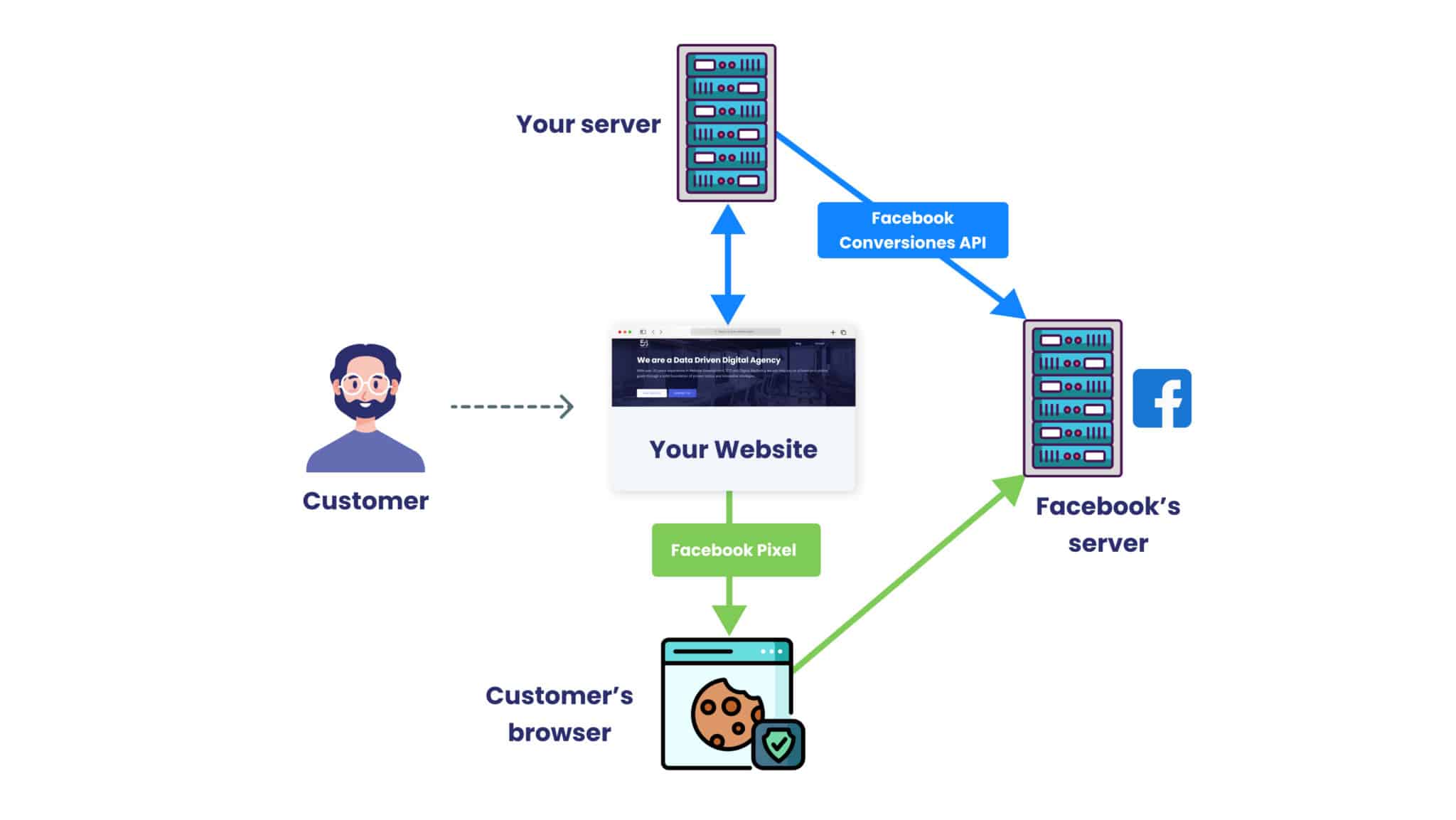
Credit: www.54solutions.com
Introduction To Facebook Conversion Api
The Facebook Conversion API is a powerful tool for digital marketers. It helps businesses track user actions on their websites. This data is crucial for optimizing advertising campaigns. Understanding this API can significantly boost your marketing efforts.
What Is Facebook Conversion Api?
The Facebook Conversion API allows businesses to send web events directly from their servers. This ensures data accuracy and privacy. The API bypasses browser limitations, providing more reliable data.
It tracks actions like purchases, leads, and sign-ups. The data is then sent to Facebook. This helps in measuring the effectiveness of your ads. The Conversion API is essential for accurate event tracking.
Importance In Digital Marketing
Using the Facebook Conversion API enhances your digital marketing strategy. It provides accurate data, which is vital for campaign optimization. Accurate data leads to better decision-making.
There are several benefits of using the Conversion API:
- Enhanced Data Accuracy: The API ensures precise event tracking.
- Improved Ad Performance: Accurate data helps in refining your ad strategies.
- Better User Privacy: The API respects user privacy by working server-side.
For businesses, this means more effective and efficient advertising. The Conversion API is a game-changer in digital marketing.
How It Works
The Facebook Conversion API is a powerful tool. It helps businesses track customer actions. This tool provides accurate data on user behavior. Here’s how it functions:
Data Collection
The first step is data collection. Businesses collect data from various sources. These sources include websites, apps, and offline interactions. The data includes:
- User interactions
- Page views
- Purchases
- Form submissions
Businesses gather this data using tools like pixels and SDKs. The collected data is then sent to Facebook servers.
Server-side Tracking
Server-side tracking enhances data accuracy. It reduces dependency on browser cookies. This method tracks data directly from the server. It bypasses any browser restrictions.
Here’s how server-side tracking works:
- Data is collected from user interactions.
- The data is processed and sent to the server.
- The server sends this data to Facebook.
- Facebook matches this data to user profiles.
- Businesses get insights into user behavior.
Server-side tracking improves data reliability. It ensures businesses get accurate insights. This helps in better decision-making and ad targeting.
Benefits Of Using Conversion Api
The Facebook Conversion API is a powerful tool for marketers. It helps businesses track and measure conversions accurately. This tool offers several key benefits.
Improved Data Accuracy
The Conversion API sends data directly from your server to Facebook. This results in more reliable data. This method reduces the risk of data loss. It also bypasses issues caused by browser limitations.
Here is a table that shows the difference:
| Traditional Tracking | Conversion API |
|---|---|
| Data loss due to ad blockers | Data sent directly to Facebook |
| Limited by browser settings | Independent of browser settings |
Enhanced Ad Performance
Using the Conversion API can improve your ad performance. This is because it provides more accurate data. Facebook can use this data to optimize your ads better.
Here are some benefits:
- Better targeting
- Improved budget allocation
- Higher return on ad spend
These benefits can lead to more effective marketing campaigns. You can reach the right audience with the right message.
With more accurate data, your ads can perform better. This means more conversions and higher revenue.
Setting Up Conversion Api
Setting up the Facebook Conversion API can improve your ad tracking. It allows you to send events from your server to Facebook. This ensures that you capture all possible data for better ad targeting and measurement.
Integration Steps
Follow these steps to set up the Conversion API:
- Go to the Events Manager in your Facebook account.
- Click on Data Sources and select your pixel.
- Navigate to the Settings tab.
- Scroll down to find the Conversion API section.
- Click Generate Access Token and save it.
- Integrate the API using your server-side code. Here is a simple example:
fetch('https://graph.facebook.com/v11.0/{PIXEL_ID}/events', {
method: 'POST',
headers: {
'Content-Type': 'application/json',
'Authorization': 'Bearer {ACCESS_TOKEN}'
},
body: JSON.stringify({
data: [
{
event_name: 'Purchase',
event_time: Math.floor(new Date().getTime() / 1000),
user_data: {
em: 'hashed_email@example.com'
},
custom_data: {
currency: 'USD',
value: 123.45
}
}
]
})
});
Common Challenges
While setting up the Conversion API, you might face some challenges:
- Access Token Issues: Ensure your token is correct and not expired.
- Data Mismatch: Make sure your event data matches Facebook’s required format.
- Server Errors: Test your server to ensure it can handle the API requests.
By addressing these common issues, you can ensure a smoother integration of the Facebook Conversion API.
Best Practices
Understanding the Facebook Conversion API is crucial for marketers. It helps in tracking conversions effectively. Implementing best practices ensures optimal use of the API. Follow these guidelines to enhance data accuracy and performance.
Data Privacy
Data privacy is a critical aspect of using the Facebook Conversion API. Ensure compliance with data protection laws. Always obtain user consent before collecting data. Store data securely to prevent unauthorized access.
- Use encrypted channels for data transmission.
- Regularly review and update your privacy policies.
- Provide users with clear information about data usage.
Optimization Tips
Optimizing the Facebook Conversion API helps in achieving better results. Here are some tips to enhance your API performance:
- Implement server-side tracking to improve data accuracy.
- Regularly test and debug your API integration.
- Ensure your server can handle high data volumes efficiently.
Incorporate these best practices to maximize the benefits of the Facebook Conversion API.
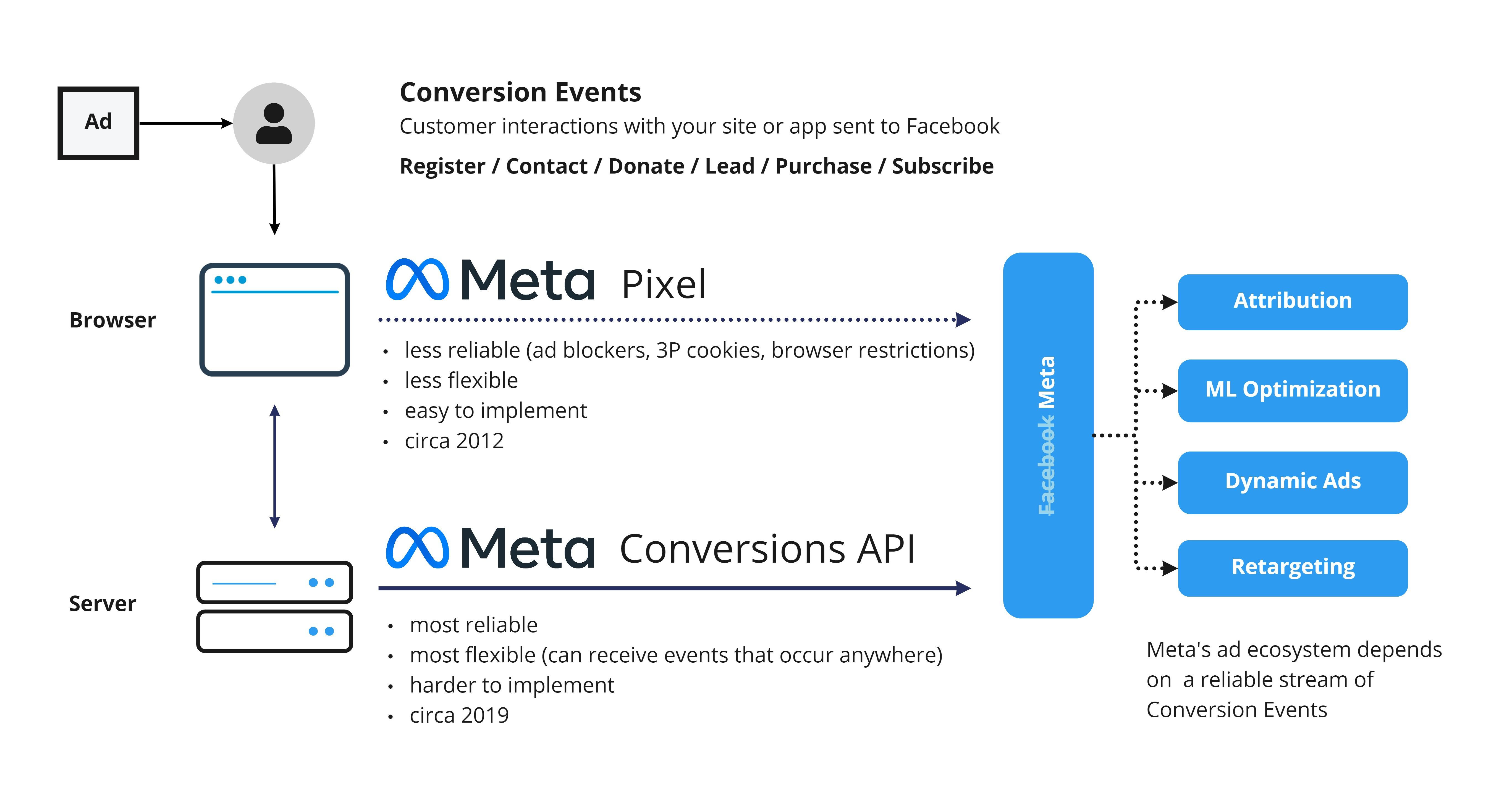
Credit: hightouch.com
Comparing Pixel And Conversion Api
Facebook offers two powerful tools for tracking user actions: the Pixel and the Conversion API. Both serve to gather data, but they operate differently. Understanding their differences helps you make informed decisions for your marketing strategy.
Key Differences
| Aspect | Pixel | Conversion API |
|---|---|---|
| Data Source | Browser | Server |
| Tracking Accuracy | Can be blocked by ad blockers | More accurate, not blocked |
| Implementation | Easy, with a code snippet | Complex, needs server-side setup |
| Data Security | Less secure | More secure |
| Data Freshness | Real-time | Near real-time |
When To Use Each
Pixel:
- Ideal for quick setup
- Good for small businesses
- Useful for tracking basic events
Conversion API:
- Best for larger businesses
- Needed for more accurate data
- Essential for advanced tracking
Case Studies
Exploring real-world examples can highlight the benefits and practical applications of the Facebook Conversion API. This section delves into various case studies, showcasing how different businesses have leveraged this tool to enhance their digital marketing strategies.
Success Stories
Understanding the successes of others can inspire and guide your own strategy. Here are some notable success stories:
| Company | Industry | Result |
|---|---|---|
| Company A | eCommerce | 50% increase in ROAS |
| Company B | Travel | 20% boost in conversions |
| Company C | Retail | 30% decrease in ad spend |
Lessons Learned
Analyzing the challenges and lessons learned from these case studies can help you avoid similar pitfalls. Here are some key lessons:
- Data Accuracy: Ensure accurate data collection to optimize ad targeting.
- Integration: Proper API integration is crucial for seamless operation.
- Continuous Monitoring: Regularly monitor and adjust campaigns for best results.
Each lesson provides valuable insights for your own Facebook Conversion API journey.
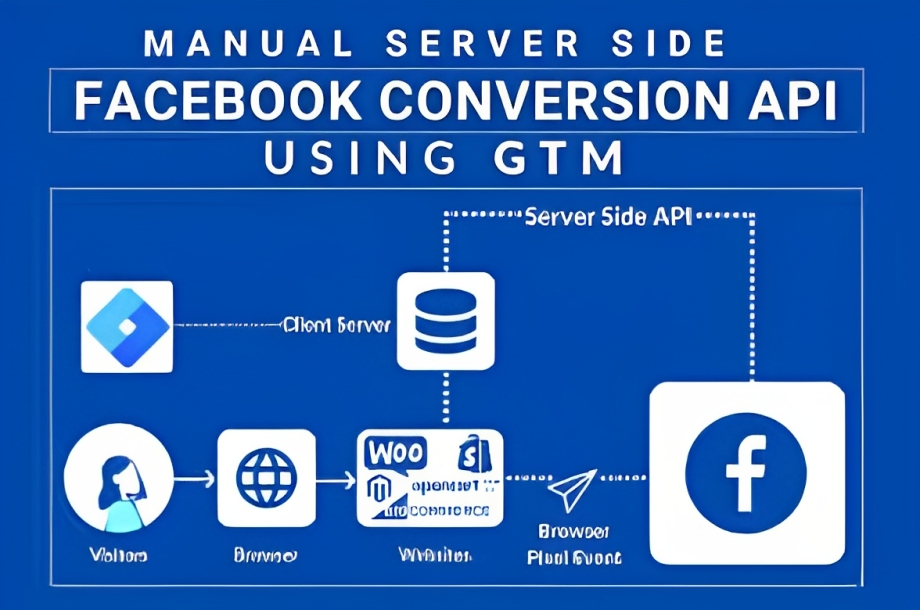
Credit: www.linkedin.com
Future Trends
As digital marketing continues to evolve, understanding future trends in technologies becomes crucial. The Facebook Conversion API is at the forefront of this evolution. Businesses need to stay ahead of the curve to leverage its full potential.
Evolving Technologies
The landscape of digital advertising is changing rapidly. New technologies are emerging to support these changes. The Facebook Conversion API is set to adapt and evolve with these advancements.
- AI and Machine Learning: These technologies will enhance data accuracy.
- Advanced Analytics: Businesses will gain deeper insights into user behavior.
- Privacy Enhancements: Greater emphasis on user data protection.
These evolving technologies will make the Facebook Conversion API more powerful. They will offer more precise targeting and better user experience.
Impact On Advertising
The impact on advertising will be significant. The Facebook Conversion API will transform how ads are served.
Here are some key impacts:
- Better Data Integration: Seamless data flow between platforms.
- Improved Ad Performance: More accurate targeting leads to higher ROI.
- Enhanced User Engagement: Ads become more relevant to users.
Businesses will see more value from their advertising budgets. They can target users more effectively and achieve better results.
These trends highlight the growing importance of the Facebook Conversion API. Staying updated with these trends ensures businesses remain competitive.
Conclusion
Understanding Facebook Conversion API can significantly boost your marketing efforts. It ensures data accuracy and better ad targeting. Implementing it correctly leads to higher conversion rates and improved ROI. Start leveraging this tool to gain a competitive edge. Stay ahead in the digital marketing game with Facebook Conversion API.


